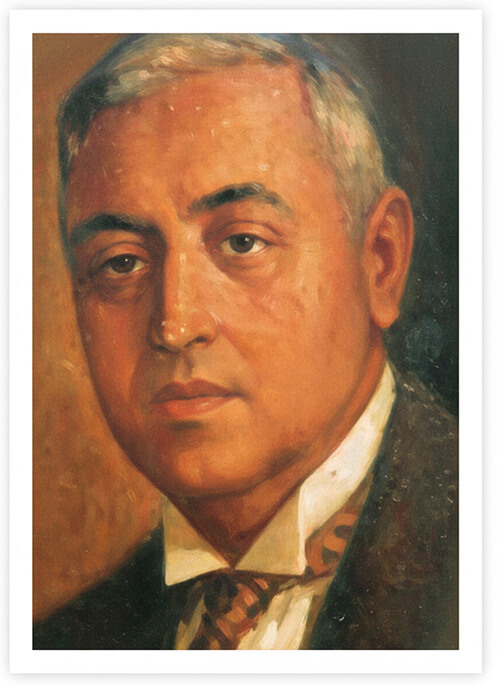Origins and History

The Doon School was founded in 1935 by S. R. Das, a lawyer from Calcutta, who later served as the Advocate General of Bengal and was a member of the Viceroy’s Executive Council of Lord Irwin. Inspired by his experience as a student at the prestigious Manchester Grammar School in England, he returned to India with a vision to establish an institute founded on the model of British private boarding schools while remaining deeply anchored in the Indian identity and heritage. The Doon School was envisioned as an entirely secular school that would attract boys from all sections of Indian society and from every state in India; boys who would go on to serve a free and democratic India.
The first Headmaster was Arthur Foot, a science master from Eton College. His deputy, John Martyn, who was a Housemaster from Harrow, later became the second Headmaster of the school. On the school’s inaugural Founder’s Day, Arthur Foot proclaimed what would become the guiding philosophy of The Doon School:
“The boys should leave The Doon School as members of an aristocracy, but it must be an aristocracy of service inspired by the ideals of unselfishness, not one of privilege, wealth or position.”
Today, The Doon School continues to uphold the founding ideals laid down by its founders. Conceived as an all-boarding institution in 1935, the school has grown into a vibrant residential community of around 600 boys aged 12 to 18, housed in five main boarding houses and two holding houses.


 ANNOUNCEMENT
ANNOUNCEMENT
